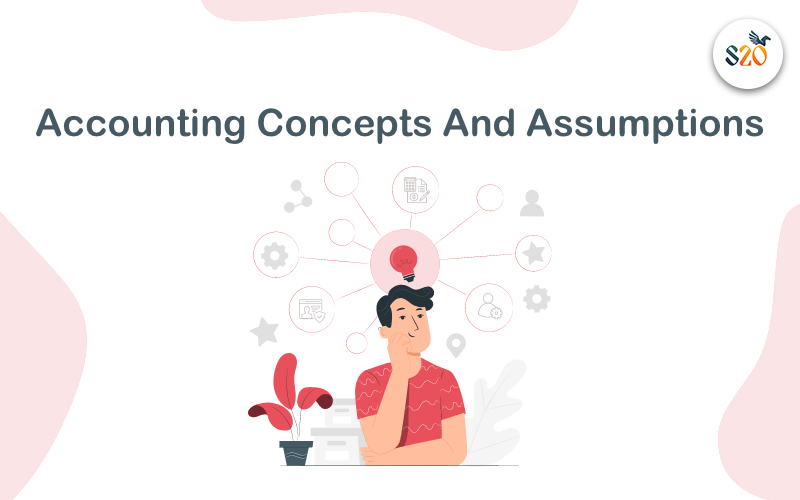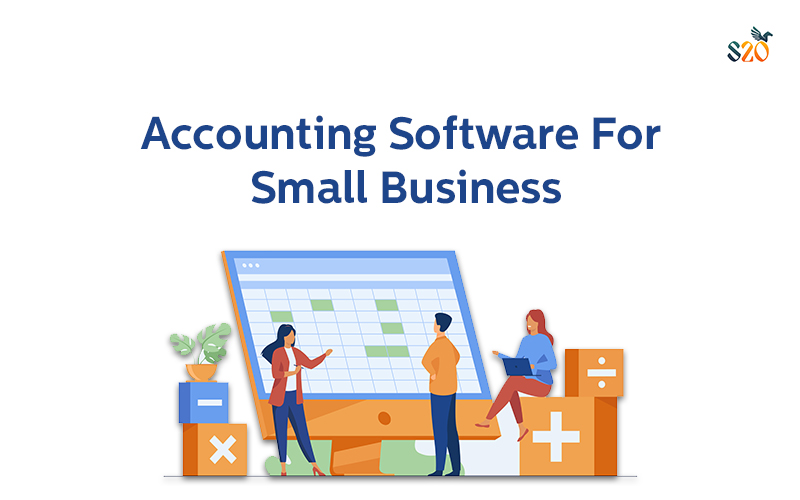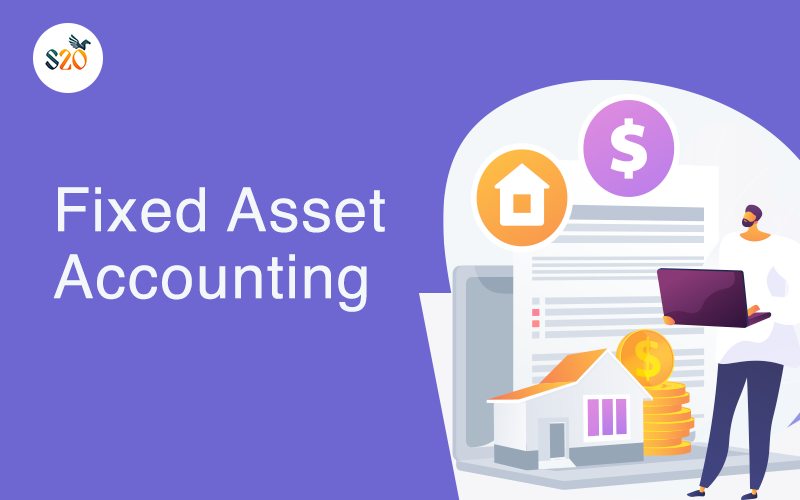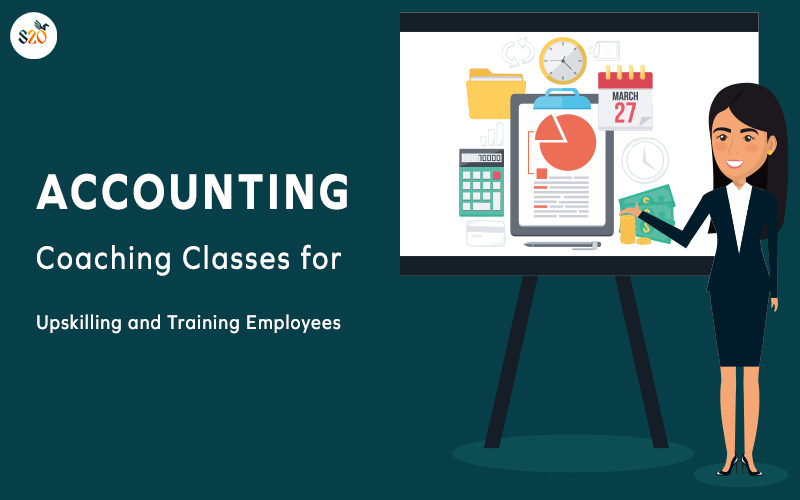Introduction
An accountant handles one of the most crucial roles in a business regardless of it being for a large corporation or a small business. They are the financial backbone of a business and handle monetary records, money transactions, and timely taxes.
There are different types of accountants. Government accountants work for government agencies’ monetary records. Public accountants are either self-employed who work audits, documentation, and tax for clients or they account for firms. Management accountants are employed by a single company and they account for internal financial records of that company only.
Who Is An accountant?
An accountant is a professional who is in charge of the protection and transliteration of technical records and survey of financial statement analysis. They work for firms or big and small companies.
An accountant’s day-to-task mostly depends on their educational background and the designation they hold. Have you ever wondered if there was an accounting centre near me? How wonderful would it be to start your journey towards your dream job!
Most people start their journey by getting themselves into a school followed by a Bachelor’s degree in the same BCom course.
But some firms may demand additional educational certifications after BCom. Some of the common accounting designations are Certified Internal Auditor (CIA), Certified Management Accountant (CMA), and Certified Public Accountant (CPA). So, for accounting training and placement, one should look for good cl.
What Does An Accountant Do?
Accountant paints a picture of a company’s stand in the global market by using numbers and financial statements. Some of the accountants’ everyday tasks include the following :
- Preparation of profit and loss statements and monthly cost accounting reports.
- Maintaining and processing monthly payments and stipends.
- Completing audits and interacting with auditors.
- Analyzing and accounting.
- Evaluating and accounting budgets, outlay, payments, and bills.
- Settling account discrepancies.
- Maintaining computer software and manual filling systems.
Who Hires An Accountant?
Various businesses hire accountants to balance their taxes and audit the financial records. Organizations having complex financial systems and loaded transactions require accountants.
Some examples of such organizations are:
- Universities And Schools
Schools and colleges have complex monetary systems and require professional accountants to manage their profits and expenditures. The accountants hired are supposed to make sure that the capital and funds are sufficient to meet the needs of the institution’s various departments and covers the college tuition expenses. - Hospitals
Hospitals and healthcare providers work with insurance agencies to help people with medical needs. The job will require working directly with insurance companies and make sure the organization doesn’t exceed its expenses. - Agencies of Government
This sector needs high-precision accounting and ensuring that the revenue and expenditure get properly recorded. Since the government agencies are so large, the job vacancies are a lot as well. The candidate will be responsible for recordings of various programs and initiatives under the compass of these agencies. - Entertainment and hospitality companies
These businesses perform thousands of transactions every day and experience a lot of revenue every day. They also need accountants to collect the receipts, records, and tax time rolls. They also involve in managing employee payrolls.
Strengths That An Accountant Should Have
- Analytical Skills
“Good accountants can pull the analysis together, great accountants look at the output and judge whether it is reasonable, so as not to waste everyone’s time on an analysis that makes no sense when you take a step back and look at it from a common-sense standpoint.”- Bob Prather
Accounting is a meticulous task that demands attention and precision.
- Organization
The work of an accountant includes client meetings, deadlines, and following proper guidelines. Each of these works demands a notable amount of documentation and keeping track of all the paperwork.
“The best way to stay on top of deadlines is by getting organized”- Logan Alec
- Critical Thinking
Critical thinking is an invaluable skill in the accounting profession.
Accountants face a lot of fallacies, discrepancies, and imprecision in their daily work that needs to be detected and rectified.
These fallacies’ can have serious aftermath if not addressed in time. Hence, accountants need to think beforehand and think critically to face all potential risks and solve them in time.
- Adaptability
As we know that change is the only constant, it holds for the accounting profession as well.
It constantly changes and evolves. Accountants should always be ready to readjust to technical advancements, workplace dynamics, and altering standards and protocols.
- Interpersonal Communication
Accountants serve as data translators. Accountants work for clients and many of them may not be aware of complex monetary concepts. Thus accountants are required to spell out their work and transform the complex concepts into average peoples’ understanding.
- Time Management
“Working on different projects and being able to manage deadlines is a trait that separates passable accountants from their top-shelf peers” – Kyle Bryant
Multitasking and proper management of all the work are the top skills an accountant should have to provide satisfactory results for their clients in time.
- IT And Industry Knowledge
Accountants should understand how software accounting works and how it can be applied to make a change for progress.
Top Accounting Skills For Success
- Innovation
The evolving business world demands an evolving accounting system along its side. Companies often look for candidates assuring to create a change for the better.
- Enthusiasm
Enthusiasm is contagious and it brings positive energy to the team. It shows that the candidate is eager to learn his/her trade and believes what he/she is working towards.
- Trade awareness
It is the knowledge of where the company stands in the global market, how it is affected by social, economic, and political issues and how to make progress and move ahead.
- Integrity
Building trust and reputation get the job done halfway. Credibility opens the door for new opportunities.
- Communication
Accounting systems are not understandable by the common people, this is where communication skills come in. An accountant should be well-versed with the task they are working on and the way they have to translate it for the common people to understand. They have to fill the gap between numbers and stories.
- Understanding
Comprehending new statistics and data is crucial.
- Initiative
Initiative proves that the candidate is an independent thinker and can work on his own. This welcomes more trust and better opportunities.
Conclusion
Accounting job includes transaction and producing of monetary reports.
Candidates have to develop problem-solving skills, decision-making, and critical thinking. So if you are someone who is considering venturing into the accounting field, be sure to develop these characters to be the perfect match for what’s expected to come your way in this field.










